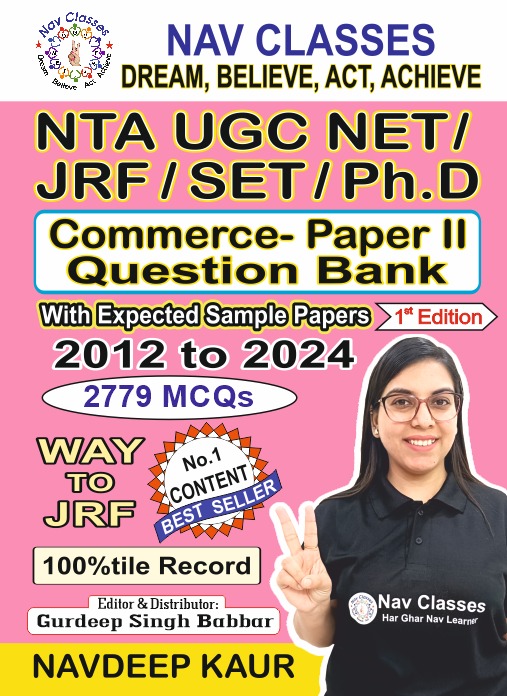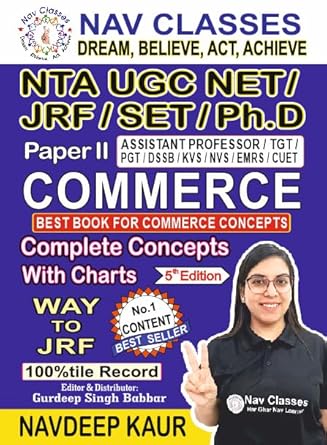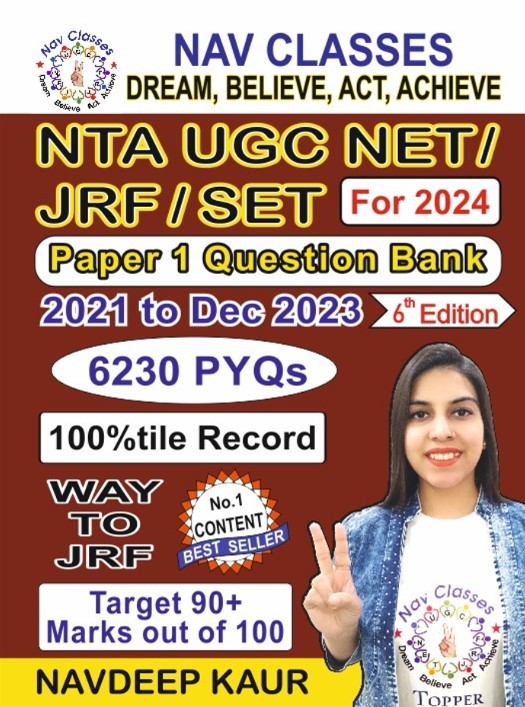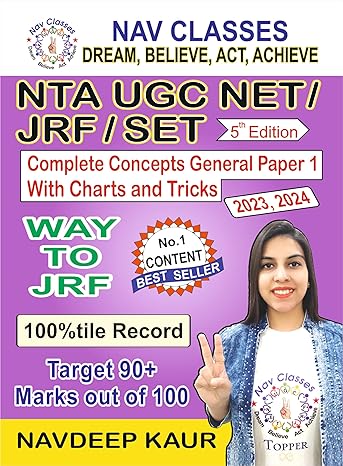1) Union-State relations in 1983?
a. Sarkariya commission
b. Dutt commission
c. Setalvad commission
d. Rajamannar commission
SHOW ANSWER
Explanation: Sarkaria Commission was set up in 1983 by the central government of India to examine the central-state relationship on various portfolios. Justice Ranjit Singh Sarkaria (Chairman of the commission), was a retired judge of the Supreme Court of India. ©navclasses
2. Which of the following taxes are levied by the Union government but collected and appropriated by the states?
a. Stamp duties
b. Excise duties on medical and toilet materials
c. Sales tax
d. a and b
SHOW ANSWER
Explanation: The revenue generated from the Stamp duties and Excise duties on medical and toilet materials is imposed by the Central Government but collected and kept by the respective state government. ©navclasses
3. Which of the following taxes are imposed and collected by the state government?
a. Estate duty
b. Sales tax
c. Land revenue
d. All the above
SHOW ANSWER
Explanation: Taxes imposed by the state government are; Sales Tax and VAT, Professional Tax, Luxury Tax, Entertainment Tax, Motor Vehicles Tax, Tax on Vehicles Entering State, Tax on Agricultural Income, Tax on Land and Buildings and Tax on Mineral Rights. ©navclasses
4. Which of the following tax is levied and collected by the Union government but the proceeds are distributed between the Union and states?
a. Sales tax
b. Income tax
c. Estate duty
d. Land revenue
SHOW ANSWER
Explanation: Income tax is imposed by the central government under the Income Tax Act, 1961. This tax is distributed among the states on the recommendations of the finance commission. ©navclasses
5) Which of the following duty is levied and collected by the Union government?
a. Custom duty
b. Excise duty
c. Estate duty
d. All the above
SHOW ANSWER
Explanation: All the direct taxes are imposed by the central government. Direct taxes are; income tax, wealth tax, corporation tax. Excise and custom duty were indirect tax but merged with GST. ©navclasses
6) Which of the article deals with the grants in aid by the Union government to the states?
a. Article 270
b. Article 280
c. Article 275
d. Article 265
SHOW ANSWER
Explanation: Article 275 is related to Grants in aid from the Union government to certain States at the time of requirement.This fund allocation depends on the discretion of the central government. It shall be charged on the Consolidated Fund of India. ©navclasses
7) Which of the following article deals with the election of the Vice-president?
a. Article 64
b. Article 68
c. Article 66
d. Article 62
SHOW ANSWER
Explanation: Article 66 deals with the election of the Vice-president of India. ©navclasses
8) Who can remove the Vice-President from his office?
a. President
b. Prime minister
c. Parliament
d. Legislative assemblies of the state
SHOW ANSWER
Explanation: The Indian Parliament has the power to remove the Vice President of India. ©navclasses
9) The term of office of the Vice-president is as follows?
a. 6 years
b. 4 years
c. 7 years
d. 5 years
SHOW ANSWER
Explanation: The Vice-president is elected for the period of the 5 years, although he/she can resign before the completion of the tenure. ©navclasses
10) The Vice-President is the Ex-Officio Chairman of the ……..?
a. Rajya Sabha
b. Lok Sabha
c. Planning Commission
d. National Development Council
SHOW ANSWER
Explanation: The Vice-President is ex-officio Chairman of the Rajya Sabha and acts as President when the latter is unable to discharge his functions due to absence, illness or any other cause. ©navclasses






